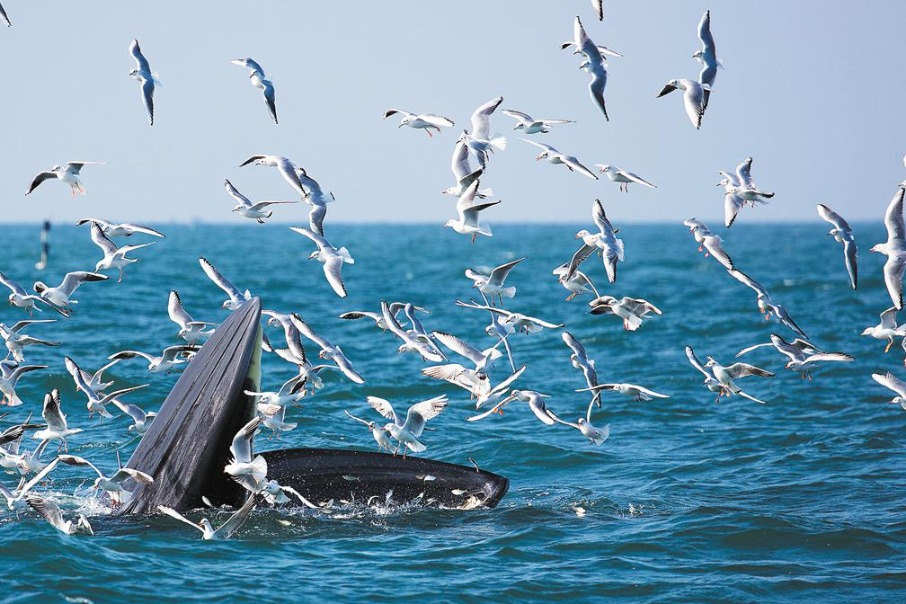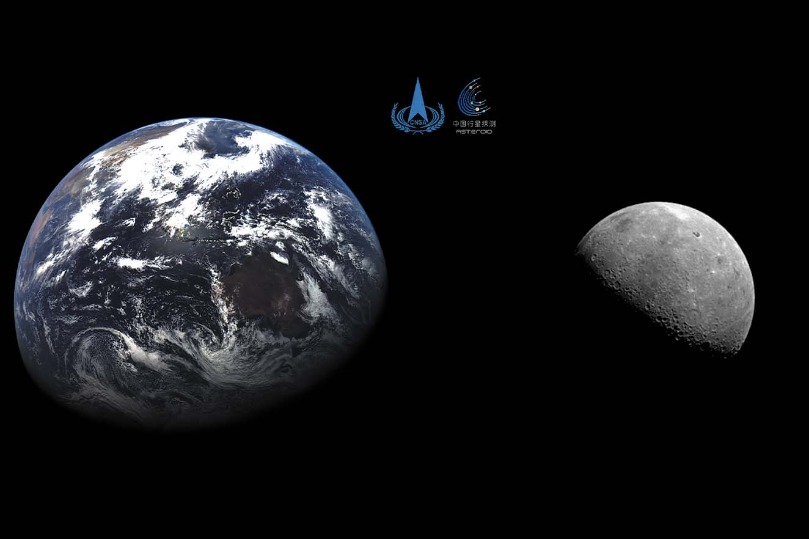Coral reefs face desperate struggle


Climate change takes its toll on marine ecosystems
From the Aleutian Islands off the coast of Alaska to the warm waters of the Caribbean Sea, Southeast Asia and the Red Sea, coral reefs swarm with colorful marine life.
However, these great natural wonders of the world face an uncertain future due to climate change.
The biggest coral reefs are found in the clear, shallow waters of the tropics and subtropics. The largest of these, Australia's Great Barrier Reef, is more than 2,400 kilometers long and is causing significant concerns for the United Nations Educational, Scientific and Cultural Organization's Heritage Committee.
The Australian government is now in damage-control mode. On July 15, a delegation of ambassadors to UNESCO was flown, at the expense of Australian taxpayers, to see the reef firsthand.
Ten environmental groups in Australia wrote to the UN's World Heritage Committee, urging it to put the reef on the "in danger" list.
A letter from group members that appeared in The Guardian on July 13 stated, "While parts of the Great Barrier Reef remain beautiful, we cannot underestimate the existential threat from climate change, with substantial coral loss in recent years from mass coral bleaching events in 2016, 2017 and 2020."
Signatories included the Australian Marine Conservation Society, Greenpeace Australia Pacific, WWF-Australia, the Seed Indigenous Youth Climate Network, The Wilderness Society and the Australian Conservation Foundation.
The Great Barrier Reef is not unique when it comes to the threat posed by global warming, which is now slowly sucking the life out of these habitats, turning once luxuriant ecosystems into white marine wastelands.
This was highlighted recently in a report by Southern Cross University in Australia. Scientists from the university found that if the trend of declining coral growth continues at the current rate, the world's coral reefs may cease calcifying by 2054.
Their report, published on June 10 in the journal Communication and Earth Environment, drew on research from the late 1960s, including 116 studies from 53 published papers.
Project leader Kay Davis from Southern Cross University said it has been known for some time that the world's reefs are "degrading".























